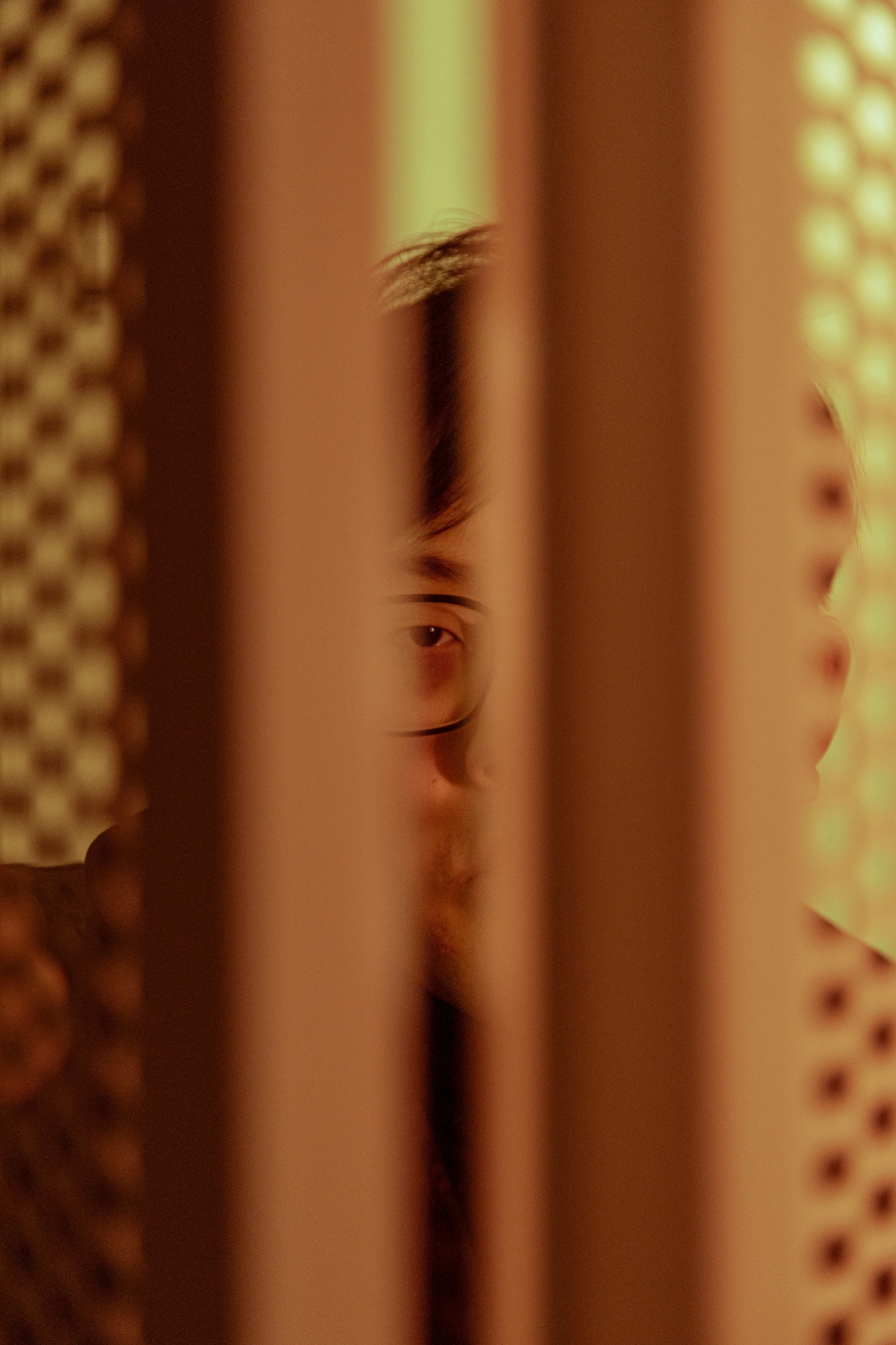None of these events will be reported by China’s domestic news outlets or appear on social media before being scrubbed by censors. Li, a 30-year-old painter originally from Anhui province and now living in Milan, sees it as his responsibility to get this information out to the wider world.
“I publish the information, and then I go back to my inbox,” said Li, who often spends more than 10 hours a day on Twitter, fact-checking the information he is sent and publishing and updating his posts. He draws a dark comparison to the apocalyptic movie “Snowpiercer,” where enslaved children are myopically keeping a train carrying the remnants of humanity running.
“This is what I’m like. I just keep publishing what people are saying, without stopping. I don’t know about anything else that’s happening,” he said.
Over the past two weeks, his work felt particularly vital as demonstrations not seen in decades swept his native country, with calls to end onerous covid controls morphing into political demands for change. As censors on Chinese social media platforms deleted footage and domestic news outlets made no mention of the unrest, Li’s Twitter account became the single most important clearinghouse for information about the protests.
Li’s emergence reflects the power the internet still has to circumvent censorship even in one of the most heavily controlled media environments in the world.
It also underlines the dangers. Li, who has been using a pseudonym online — Teacher Li — decided to go public with his real name and photos for this article, in an effort to protect himself from reprisals by Chinese authorities who have begun to intimidate his family.
Li sees his role as a citizen journalist as an accident of history. After moving to Italy in 2015 to study fine art, he began publishing short comedy sketches on the microblog Weibo about love and life. People started sending him their own stories, asking him to publish them and get input from other users.
Eventually, those stories started to touch on social issues like the trafficking of women in rural areas, and he gained more followers and more submissions. Li’s Weibo account was shut down 52 times, but each time he started a new one, he regained his following.
“People got used to telling me things,” he said, describing his role as similar to that of a “hole in a tree” where people shout their secrets. Moreover, it was that people did not trust the legal system. “They don’t believe the law works, so they have to ask for help online, for people to help publicize their case to get attention.”
Unable to open more accounts, he moved his efforts to Twitter this past spring. A few months later in November, he began tweeting about protests against covid controls at Foxconn’s factory in Zhengzhou, where half the world’s supply of iPhones is produced. Soon, he was getting a flood of submissions from Chinese internet users following the protests or from Foxconn workers themselves.
Li was shocked to find so many Chinese users on Twitter, which is blocked in China and accessible only through illegal virtual private networks, or VPNs. Ironically, a years-long campaign to purge pornographic content from China’s internet has popularized the platform for such content among Chinese users.
Later that month, news of a deadly fire in Urumqi spurred mass protests against the government’s unrelenting “zero covid” restrictions, which have been blamed for the deaths in the fire as well as several other incidents. As Li posted about the demonstrations, his followers on Twitter surged to more than 800,000, up from around 190,000, just in a few days.
On the night of Nov. 27, when protests were spreading to dozens of cities, he was getting 20 to 30 messages every second. He posted photos of students silently holding up pieces of blank white paper — earning the demonstrations the title “the White Paper Revolution” — and stunning videos of residents shouting for Chinese leader Xi Jinping to step down and for freedom of speech and press to be implemented. His updates were so closely followed that he let his followers know when he was taking a break to sleep or get food for his cats.
“It was like a snowball. It builds on itself. People realize that they cannot get this information out through other means,” he said. “Even if you try to shut me up, the fact I can regain all these followers shows the power of the internet.”
Today, the number of submissions Li receives has declined slightly as the protests have quieted. Soon after the demonstrations, police began detaining and summoning demonstrators, warning them to stop. Significantly, though, officials on Wednesday announced new measures to loosen zero-covid restrictions.
Li’s efforts have not escaped official notice. His social media accounts in China, including his banking platform, started showing suspicious activity such as attempts to log on. Police have called and visited his parents in Anhui, urging them to use their influence and get him to stop. At one point, his parents were getting calls from police every time he sent a tweet. Some of his personal information has been leaked online.
The past few weeks have drained Li, and he worries he may soon be stateless. His Chinese passport will expire in six months, but he is afraid of going to the Chinese Embassy in Italy or returning home to renew it. “Of course I don’t dare to go,” he said, drawing a reference to Washington Post columnist Jamal Khashoggi, who was killed in 2018 while visiting Saudi Arabia’s consulate in Istanbul.
Li feels like he has been thrust into a role that he didn’t seek. In recent days, he has faced accusations of not being a lone blogger and having a professional team behind him. (In response, he posted a photo disclosing his “team” — his two cats.)
咋扒来扒去就只扒我一个人啊,你是在替我证明我没有团队吗?要不我介绍两个团队成员给你认识一下: pic.twitter.com/8bp5FRyVdO
— 李老师不是你老师 (@whyyoutouzhele) December 6, 2022
Before the protests, Li believed there was no chance of democracy taking root in China and had little hope in the bravery of Chinese citizens to stand up against the state.
“The White Paper Revolution has allowed people to realize that resistance works, that they can fight for their demands. I believe it sowed the seed of this civic consciousness,” he said.
Sometimes the submissions Li gets are from people who just want to share their thoughts — an experience he describes as strange but wonderful. One person told Li that he reminded them of their youth in China 30 years ago, when pro-democracy demonstrations in 1989 spread across the country before ending in a brutal crackdown and massacre around Tiananmen Square.
“What I worry about more than my own safety is the safety of my account because this account means a lot to Chinese people all over the world,” he said. He hopes to see this work of giving voice to people within the Great Firewall taken up by others.
“All I can do is keep going. I don’t think I should be the one to be doing this, but in the end, it is me doing this. I don’t know what will happen next, but now that we have reached this point, we can only see where it goes.”




